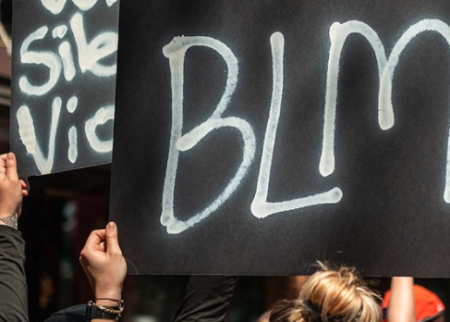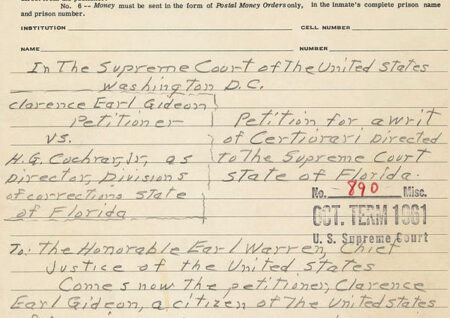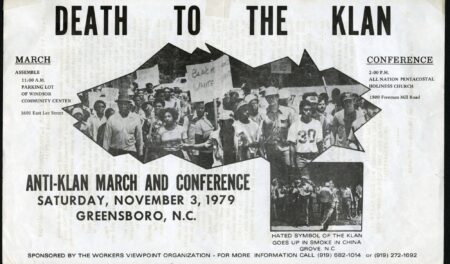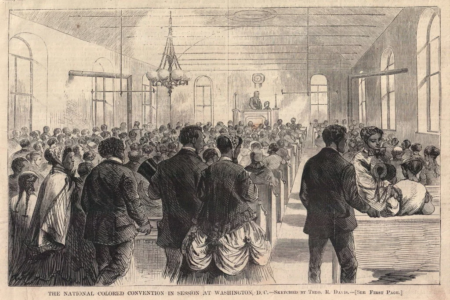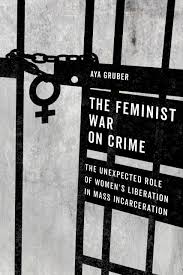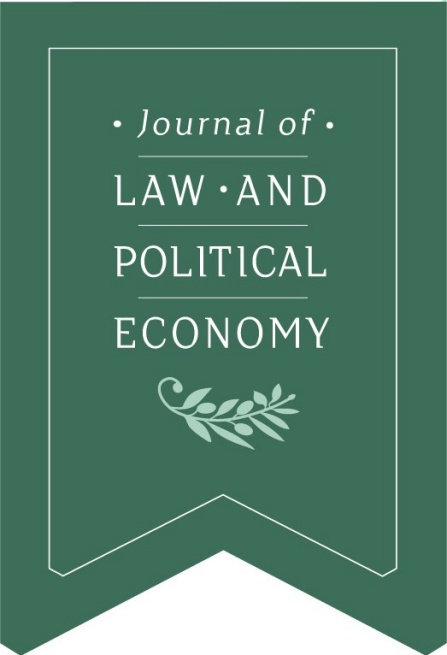
Labor Governance in the Shadow of Racialized Mass Incarceration
The threat of precarious work does not come exclusively from marketization swamping a shrinking welfare and regulatory state. It comes as well from a metastasizing and thoroughly racialized carceral state, one that simultaneously speaks the language of public violence and sings in the liberal key of choice. Even critical accounts of the criminal legal system fail to fully capture the relevance of this dynamic, focusing only on how it produces economic exclusion, not also incorporation on subordinated terms.


